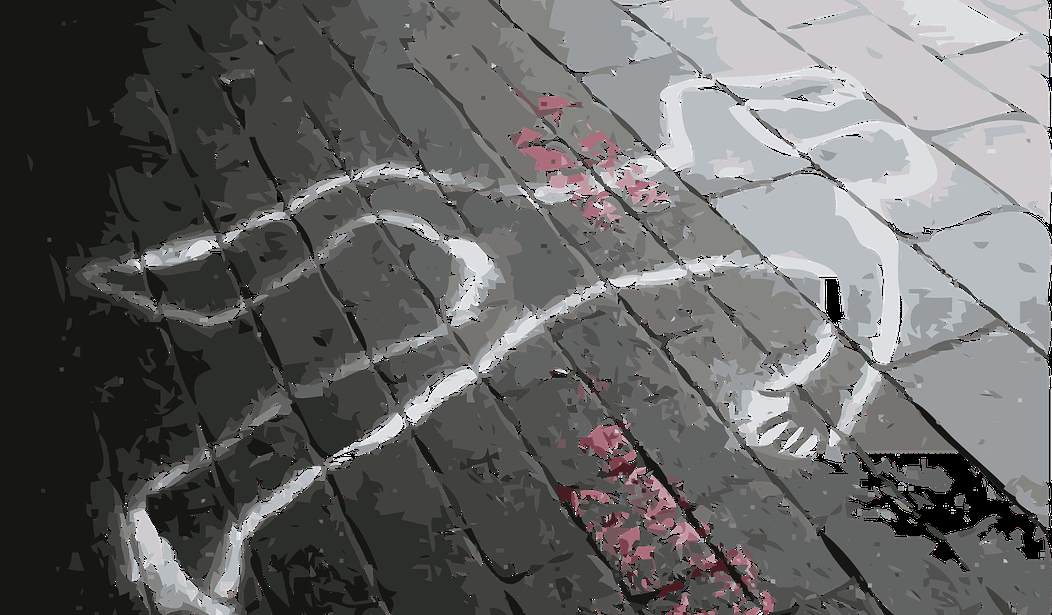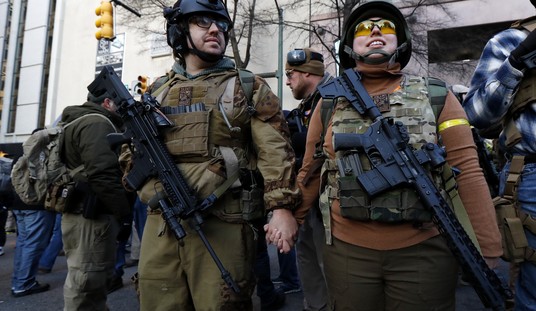When we talk about violent cities, I usually bring up Chicago. Sometimes, I’ll add in places like Baltimore. Both are famously violent cities, after all, so it makes sense to bring them up.
However, it seems someone else is the murder capital of the United States for 2020.
Homicides in the U.S. in 2020 increased nearly 30% over the previous year according to new FBI figures and St. Louis City is reportedly the U.S. city with the highest murder rate.
St. Louis City had 263 homicides in 2020 with a homicide rate of 87 per 100,000 people.
The murder rate hit a 50-year high for the city but fell short of its all-time record of total homicides of 267 in 1993. The city’s population has declined since 1993 so the homicide rate was higher in 2020.
It’s not just murders, nationwide violent crimes in 2020 went up by a more moderate 5.6% over the previous year. In St. Louis, the increase was less than the national average at 3.8%.
Dr. Richard Rosenfeld, a criminology professor at the University of Missouri- St. Louis, points out that while the homicide and violent crime rate are up, those crimes are rare. He stressed it is important to note the rate of other, more common crimes dropped.
The FBI data shows property crimes continued a nearly two-decade decline, falling 7.8% between 2019 and 2020. St. Louis saw a 6.3% drop in those types of crimes as well.
Dr. Roenfeld actually makes a perfectly valid point.
Few people deal with homicide in their lifetimes at all, but most will be the victim of some form of theft and those rates are declining, so that’s a very good thing.
Yet people don’t rest easy because they no longer need to be concerned if their lawnmower is going to get stolen. They get jumpy about things like murders and violent crime in general, and those rates are going up.
Some will likely use this to point out that due to preemption laws in Missouri, the city of St. Louis can’t really do anything about violent crime. That, of course, is a cop-out. After all, if the lack of local gun control were the problem, every city in Missouri would be damn near as bad as St. Louis. It’s not.
What happens is that you congregate a lot of people in a fairly small amount of space and they’re going to find excuses to clear out the competition for resources. I suspect it’s something bred into our evolution to some degree as a way to prevent resources from being stripped from an area too quickly or something, though I have absolutely zero evidence for that.
Regardless, stuff like this is an issue in larger urban areas, not rural parts of the state, which tells me there’s something about the cities that’s the issue.
It’s not the lack of gun control, it’s the cities themselves that appear to be the problem.
Besides, I’m sure next year it’ll be Chicago or Baltimore again and St. Louis will be down the list a notch or two, all without any changes in the laws.
Unfortunately, this blind focus on gun control means no one is interested in looking a little deeper so as to find out the truth of these things.








Join the conversation as a VIP Member